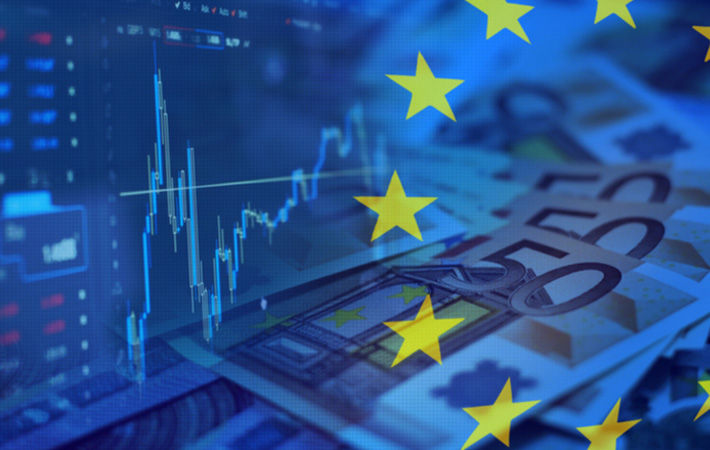
The pace at which supply bottlenecks are resolved is also a further risk to the outlook for growth and inflation, Lagarde told the hearing of the committee on economic and monetary affairs of the European Parliament via videoconference.
Compared with ECB expectations in December, risks to the inflation outlook are tilted to the upside, particularly in the near term, she said.
“If price pressures feed through into higher than anticipated wage rises or the economy returns more quickly to full capacity, inflation could turn out to be higher,” she said.
Over the past 20 years, ECB has ensured price stability, with an average inflation rate of 1.7 per cent since early 1999, and the bank is determined to continue doing so, she said.
Recent data confirm that quarterly growth slowed to 0.3 per cent in the final quarter of 2021, which still allowed gross domestic product (GDP) to recover to its pre-pandemic level. The moderation in growth momentum has resulted mainly from the rapid spread of the Omicron variant, she said.
The associated containment measures have dampened activity, particularly in consumer services such as travel, tourism, hospitality and entertainment.
The current pandemic wave and associated restrictions are likely to continue to have a negative impact on growth at the start of this year, she said.
Inflation has risen sharply in recent months and it further surprised on the upside in January, with the rate increasing to 5.1 per cent from 5 per cent in December. Inflation is likely to remain high in the near term, she said.
Energy prices continue to be the main reason for the elevated rate of inflation. Their direct impact accounted for over half of headline inflation in January and energy costs are also pushing up prices across many sectors, she added.
ALCHEMPro News Desk (DS)
Receive daily prices and market insights straight to your inbox. Subscribe to AlchemPro Weekly!